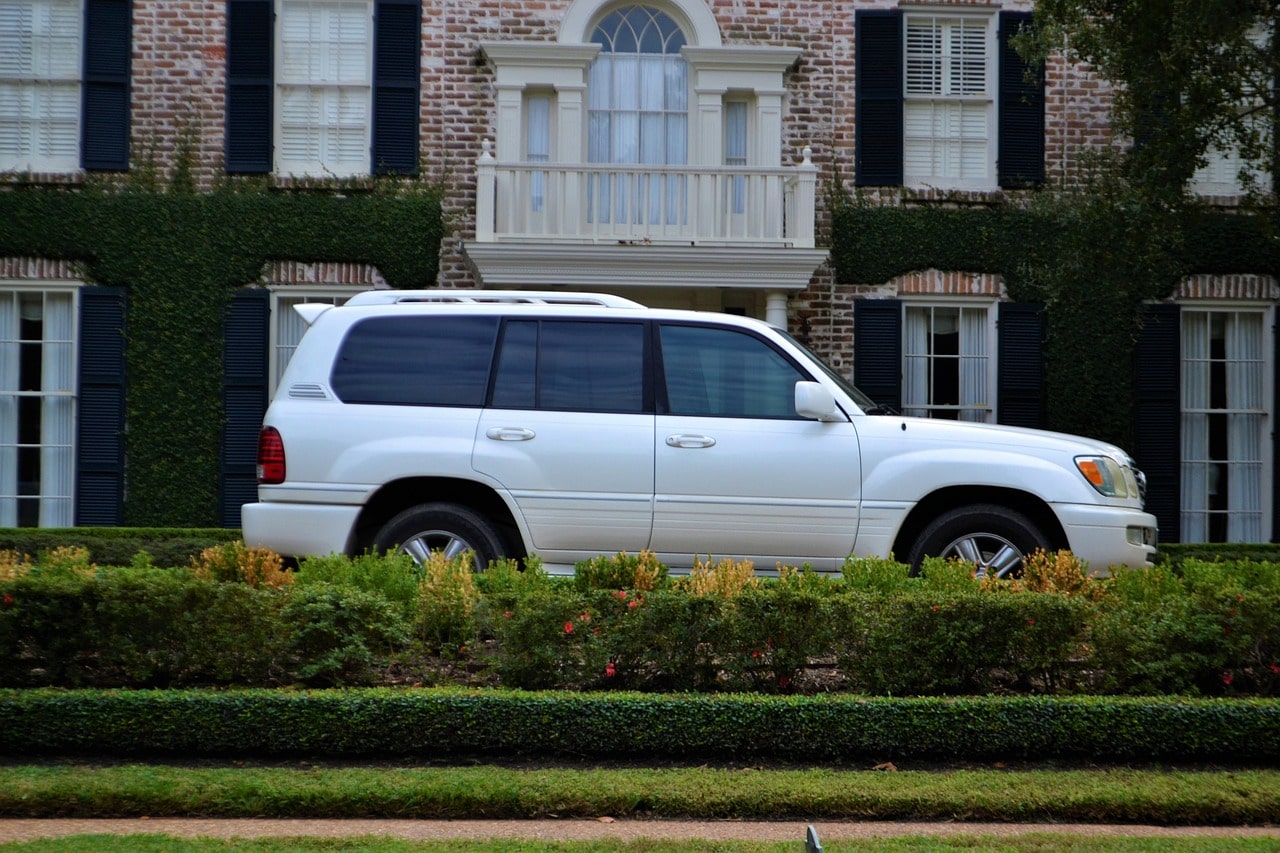
Newly-sold passenger vehicles are getting one centimetre wider every 2 years
182 days ago
3 minutes
Unchecked, expanding car sizes are becoming too wide for standard street parking
In a recent revelation, Transport & Environment’s (T&E) research exposes a concerning trend in the automotive industry: new cars in Europe are widening by 1 cm every two years. The primary driver behind this expansion is the soaring popularity of SUVs. The widening trend poses a significant challenge to urban spaces, with over 50% of new vehicles becoming too wide for standard on-street parking.
As of the first half of 2023, the average width of new cars reached 180.3 cm, a noticeable increase from 177.8 cm in 2018. T&E warns that without legislative intervention, this trend is poised to persist, as current regulations allow new cars to match the width of trucks. The consequences are evident in major cities like London, Paris, and Rome, where 52% of the top 100 car models sold in 2023 exceeded the minimum specified on-street parking space of 180 cm.
Large luxury SUVs, in particular, showcase remarkable growth, with the Land Rover Defender expanding by 20.6 cm in six years and the Mercedes X5 by 6 cm. This widening phenomenon not only reduces road space for other vehicles and cyclists but also endangers pedestrians. Crash data reveals a 30% higher risk of fatalities in collisions involving vehicles with increased height.
Recognizing the severity of the issue, several European cities have already implemented stricter parking rules for SUVs. Paris is taking a pioneering step by proposing a referendum to triple parking fees for heavy cars, with a recent poll indicating strong support from around two-thirds of Parisians.
T&E advocates for a comprehensive approach to address this challenge. They call for a review of the maximum width of new cars by EU lawmakers during upcoming legislative updates. Additionally, city authorities are urged to implement parking charges and tolls based on vehicle size and weight, ensuring that larger vehicles contribute more for utilizing valuable urban space.
The widening of cars may seem like a subtle shift, but its impact on urban life is substantial. As Parisians prepare to vote on February 4th, they have a unique opportunity to set a precedent that could influence other European cities to prioritize pedestrian safety, reduce congestion, and create more sustainable urban environments. The call for legislative action is clear – it’s time to curb the widening of cars and preserve our urban spaces for the benefit of all citizens.

LEVA EU
Campaign success
Lorem ipsum dolor sit amet, consectetur adipisicing elit, sed do eiusmod tempor incididunt ut labore et dolore magna aliqua.
Member profile
Lorem ipsum dolor sit amet, consectetur adipisicing elit, sed do eiusmod tempor incididunt ut labore et dolore magna aliqua.
